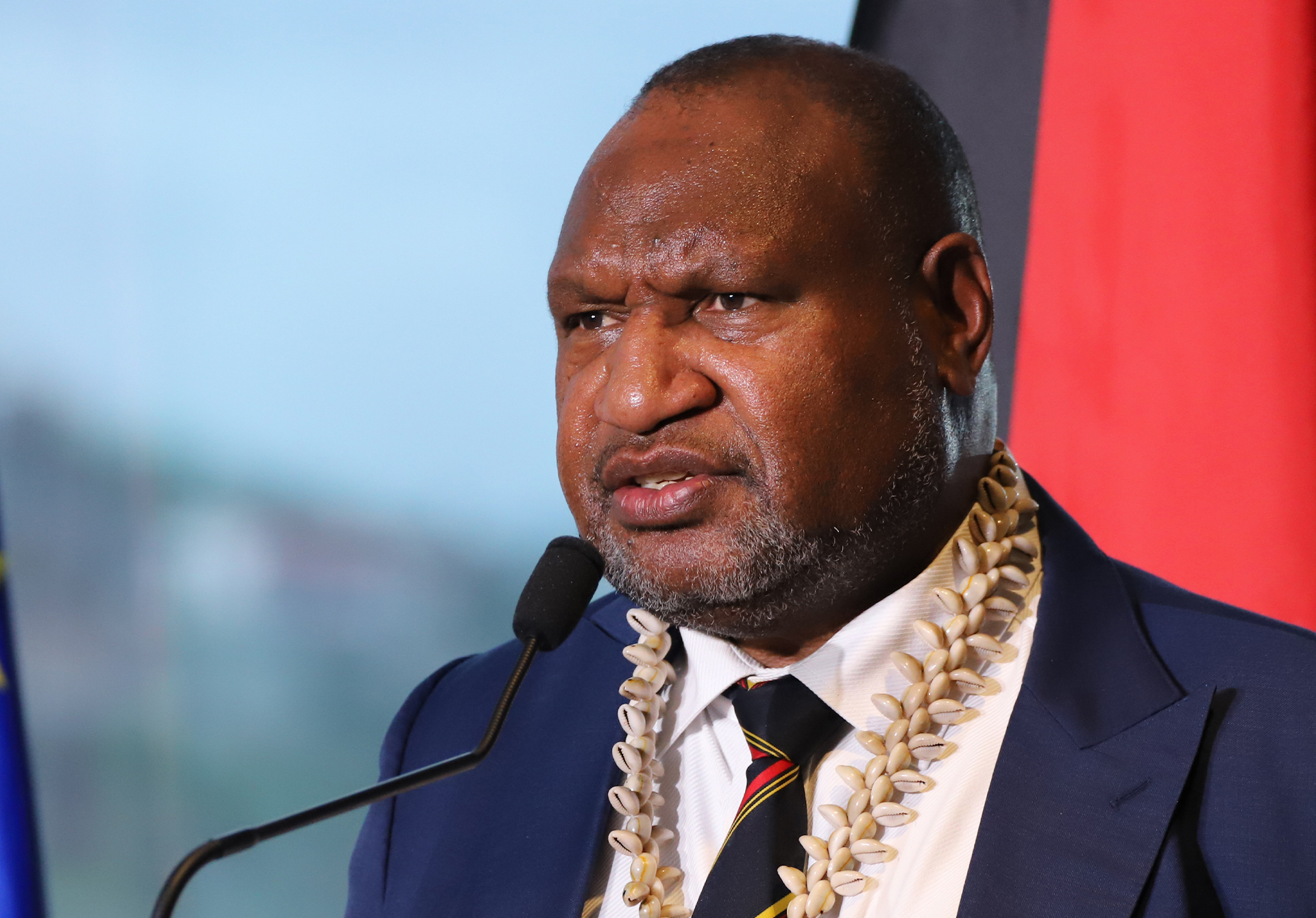Tuesday 5 November 2024
The Government will cease Grade 8 and Grade 10 School dropouts in 2027, emphasizing its commitment to education, describing it as the cornerstone of a prosperous, united, and resilient Papua New Guinea.
Prime Minister Hon. James Marape when welcoming the announcement by Education Minister Hon. Lucas Dekena that there will be no more Grade 8 and 10 dropouts as of 2027, said, this marks a historic step toward ensuring equal access to quality education for all Papua New Guineans, regardless of their background or location.
Mr Marape added the transformative policy is aimed at ending the practice of Grade 8 and 10 dropouts in Papua New Guinea, promising a future where every young citizen has the opportunity to complete their secondary education.
“By eliminating grade 8 and 10 dropouts, we are breaking down the barriers that have held back too many of our young people,” said Prime Minister Marape.
He further emphasised that high schools will be empowered to incorporate Technical Vocational Education and Training (TVET) along with Christian ethics into their curriculum, equipping students with not only a strong academic foundation but also practical life skills and ethical values.
Mr Marape believes this approach will enable graduating students to prepare themselves to make a positive impact with their knowledge and integrity, when they go out into the world.
“Today, we are saying that no child’s dreams should end at grade 8 or grade 10. We are investing in their future because we believe that our youth have the power to transform this nation.”
Under the new policy, all students will have the right to progress from Grade 8 through to Grade 12, preparing them for tertiary education or vocational training.
“This change will bring an end to a system that has, in the past, left many young people in rural and underserved communities with limited options for their future.”
Prime Minister Marape emphasised the impact of this new approach , adding, it goes hand-in-hand with the government’s commitment to building a stronger education system, including the construction of new schools, recruitment of qualified teachers, and investment in educational resources.
“We are laying the foundation of a smarter, healthier, and more connected Papua New Guinea. Education is the great equaliser, and we want every young Papua New Guinean to be empowered with knowledge, skills, and the confidence to create positive change,” he added.
The Prime Minister highlighted the socio-economic benefits of the policy, pointing to research that links education to improved employment, health, and social outcomes.
“With every child we empower through education, we are planting the seeds of future leaders, innovators, and changemakers. They will drive the economic growth and resilience of this nation, ensuring a brighter tomorrow for all Papua New Guineans.”
The government’s education reform aligns with Vision 2050 and is supported by partnerships with communities, international donors, and NGOs.
This collaborative approach aims to ensure that the necessary infrastructure, training, and resources are in place to accommodate all students progressing through their education journey.
Prime Minister Marape called on parents, teachers, and community leaders to join the government in fostering a culture that values and supports education.
“Our success will be driven by our people’s commitment to this vision. Together, we must encourage our children to dream big, work hard, and embrace the opportunities education provides.”
In addition, Mr Marape expressed his optimism for a more inclusive, educated, and prosperous Papua New Guinea, where every child has the chance to achieve their potential.
“We are not just changing policy; we are changing lives, shaping our nation, and building a legacy of opportunity and hope.
“This is our promise to our young people, our future.”

